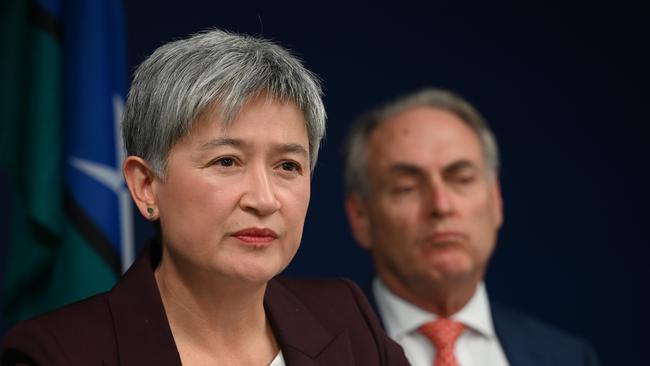
To get here took three years, a change of government in Australia and a recent if unpublicised success against China in the World Trade Organisation.
This is good news for the nation and the Albanese government deserves credit.
But let’s not exaggerate what has been achieved.
China imposed an 80 per cent tariff on Australian barley one month after the Morrison government embarrassed President Xi Jinping by calling for an inquiry into the origins of Covid.
It was the first shot in Beijing’s trade attack on Australia that hit exports previously worth $20bn a year.
After failing to get China to engage in talks, the Morrison government in December 2020 lodged a case against Beijing’s “anti-dumping” barley tariff in the WTO. It has been quietly making its way through the international trade group for almost 2½ years.
Since coming into government almost a year ago, the Albanese government has made it clear it was open to settling the case outside the WTO if it would allow Australian barley farmers to resume fair access to China’s market.
No progress was made until about a fortnight ago when the WTO’s report into the case was handed to the Australian and Chinese governments.
Can you guess in whose favour the report found?
Neither side has made public the findings on the case, which the Australian government was always extremely confident it would win.
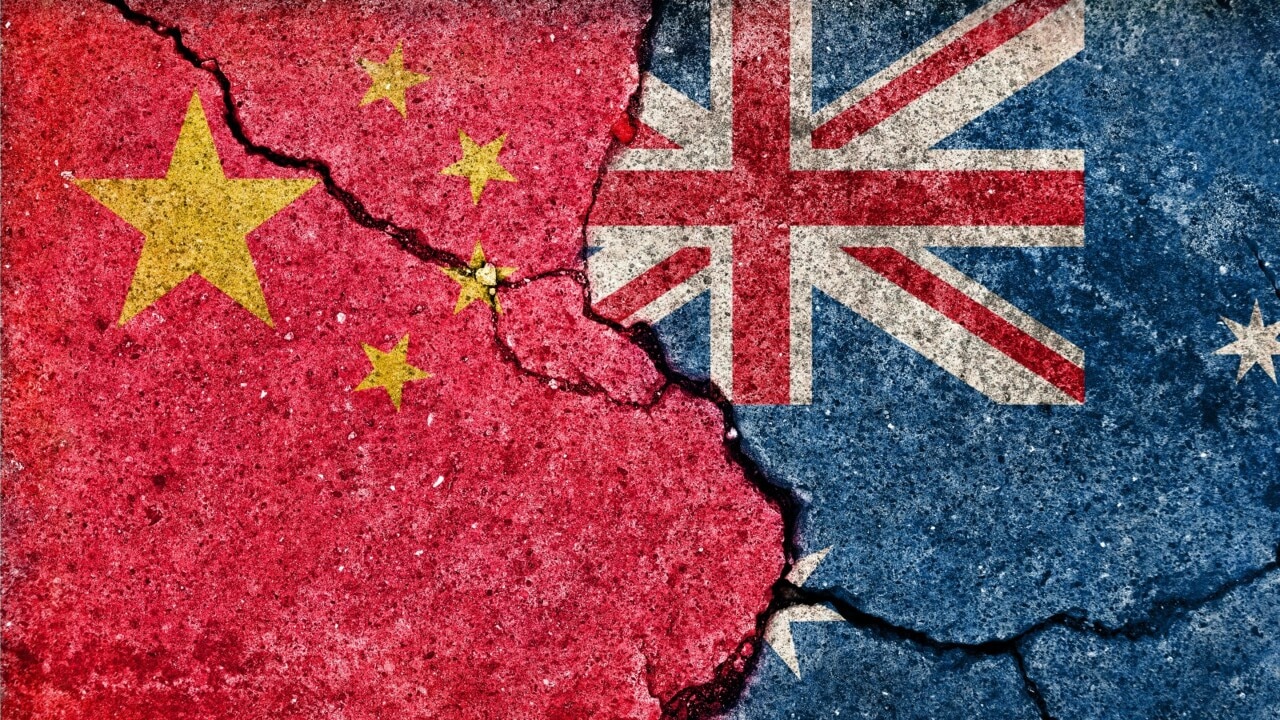
Beijing’s minutes-to-midnight backflip indicates things went as Canberra had expected. “The Chinese don’t want this report to surface,” an observer of the case said.
Were it not for the deal announced by Foreign Minister Penny Wong and Trade Minister Don Farrell on Tuesday, the WTO panel’s findings on Beijing’s barley tariff would have been shared with the trade group’s 160-odd members. That was useful leverage for Canberra.
The deal announced on Tuesday allows Beijing up to four months to run a “review” of its barley tariff. Until then, Canberra has hit pause on its WTO case – in effect halting publicity of the result (and saving Beijing some embarrassment).
If it doesn’t want the WTO report made public, Beijing has until August to explain how it will unwind the Australian barley tariff.
That would be good news for beer drinkers – China’s Tsingtao brewery would again be able to buy world-best Australian grain at a competitive price.
And it would be good news for Australian farmers, who before the tariff sold about $1bn of barley to China.
Even if that happens, trade won’t bounce back overnight. Industry sources say farmers will build in a “risk margin” for sales to China and will have to be offered good money to divert grain from more reliable markets to which they pivoted during Beijing’s trade tantrum.
Wong suggested on Tuesday this template could be followed in the WTO case Canberra has lodged against China’s more-than-200 per cent impost on Australian wine. The report for that case, about which the government feels similarly confident, is due in the second half of this year.
An agreement would make a welcoming backdrop for the trip Anthony Albanese has indicated he would like to make to Beijing in September or October. The wine and lobster industries have suffered most because of the premium Chinese consumers will pay over everyone else.
There is a lot else China could do to set the scene for the Prime Minister’s “in-principle” trip. Two Australians, Cheng Lei and Dr Yang Hengjun, remain in prison, both still waiting to learn their sentencing as the years pass since their closed, one-day trials on highly politicised national security charges.
Then there’s all the Australian exports that were unofficially blacklisted by China. The most lucrative of those by far, coal, is the only one to have been allowed back into China, albeit at levels far lower than before the disruption.
Beijing could unwind the rest whenever it likes. Farrell will do his best to nudge Chinese officials in that direction when he travels to China in the coming weeks. It would be terrific if he succeeds, although it is worth noting that parts of the trade strikes China launched against South Korea in 2016 remain. Beijing also likes leverage.
The amount of effort for getting this modest barley development suggests that when it comes to China, Australia’s expectations should remain low. It also shows progress is possible – small step by small step.


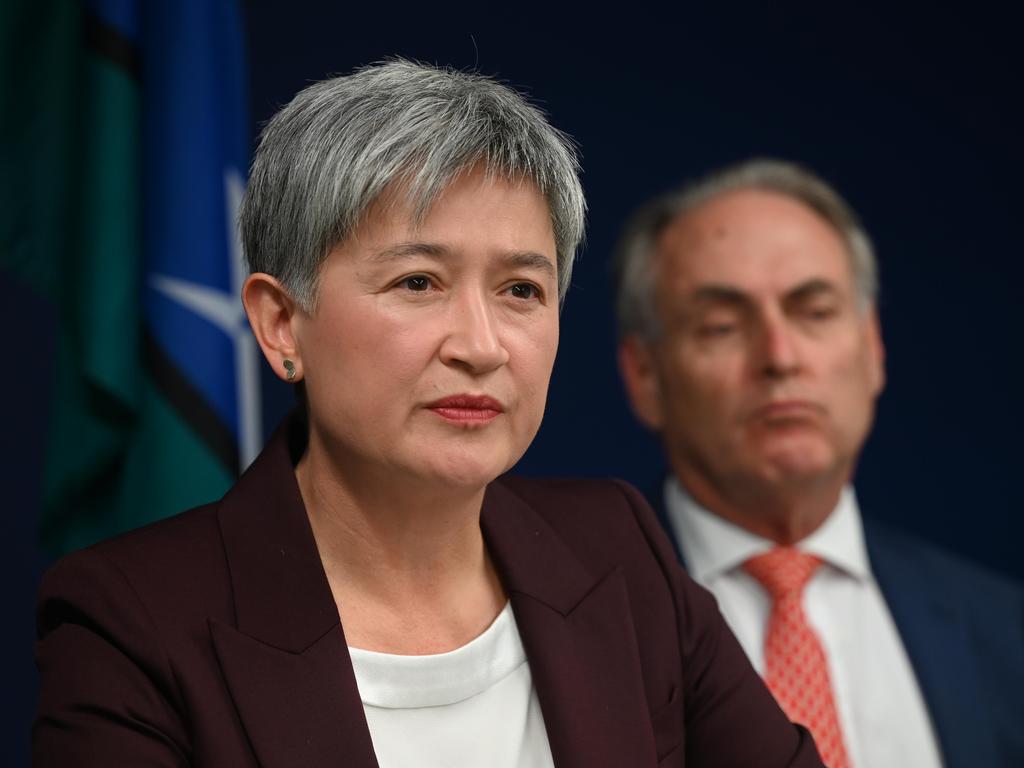
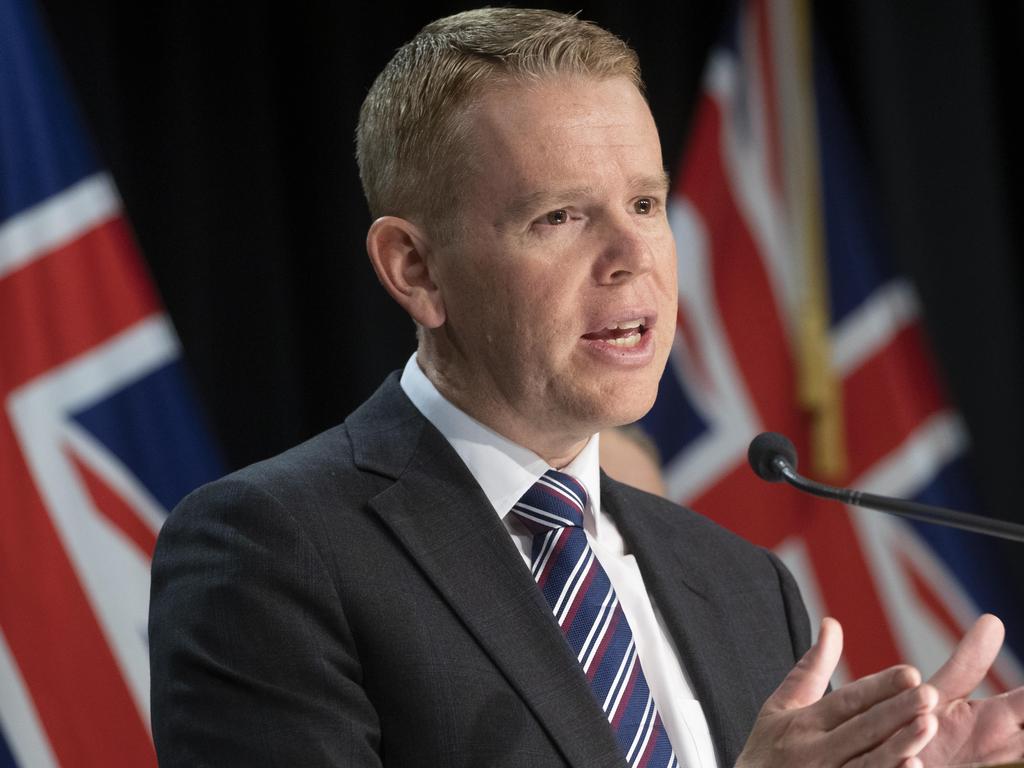
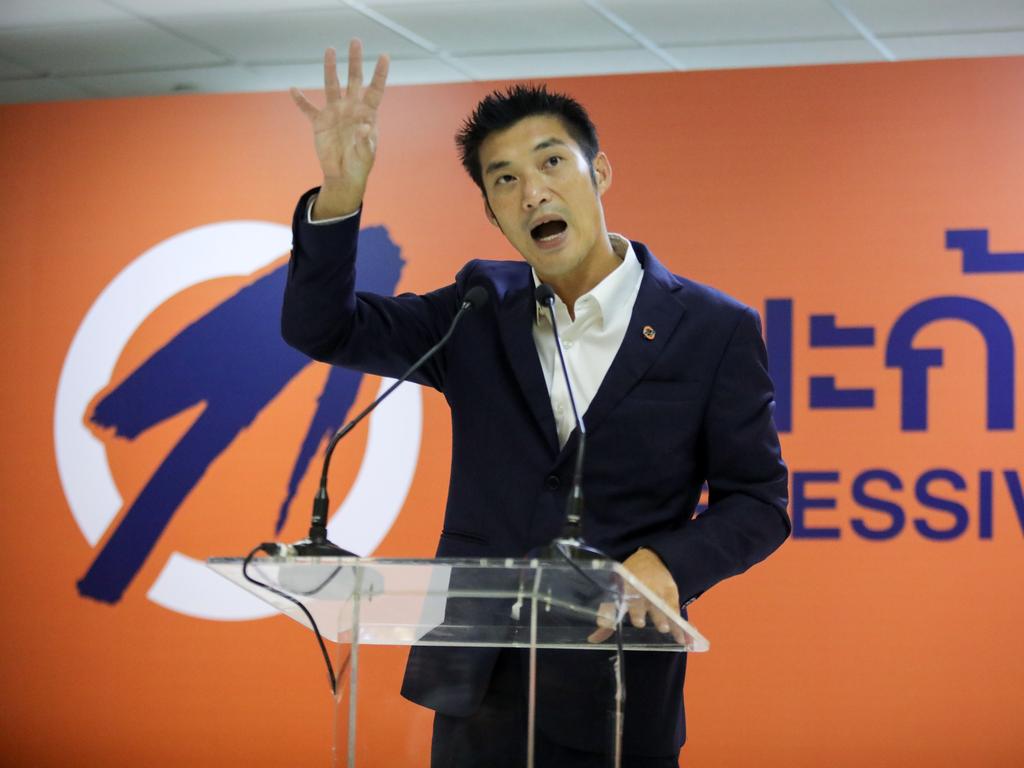
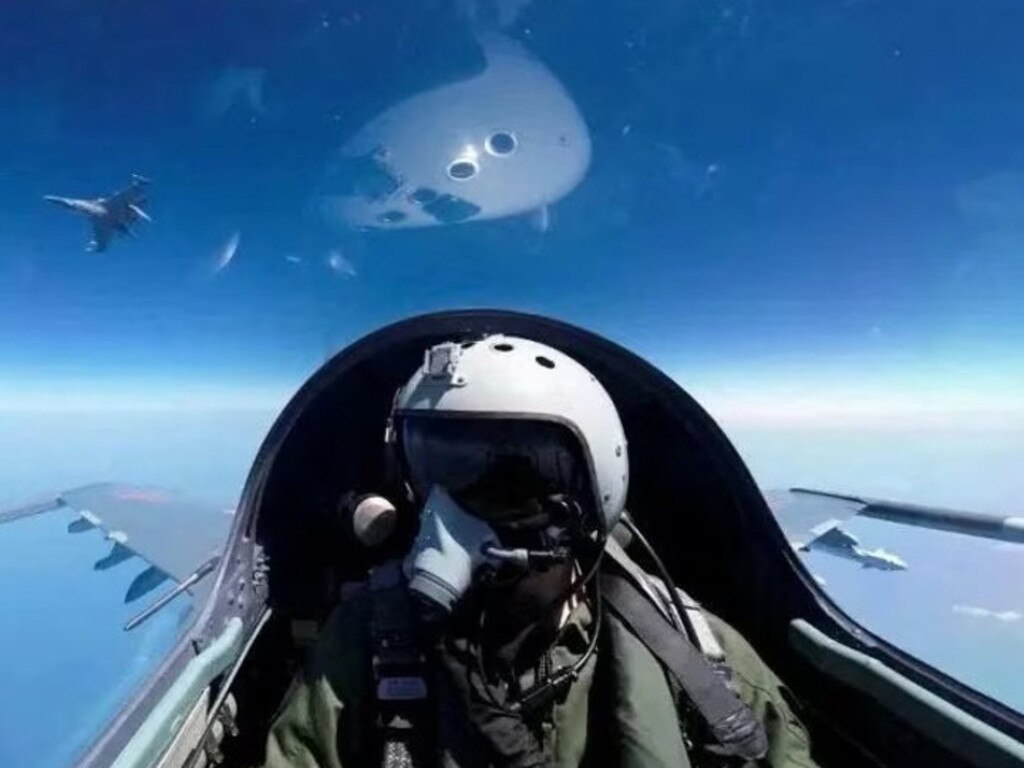


Finally, Beijing has agreed to take the “off ramp” long offered by Canberra and begin the process of unwinding its punitive 80 per cent tariff on Australian barley.